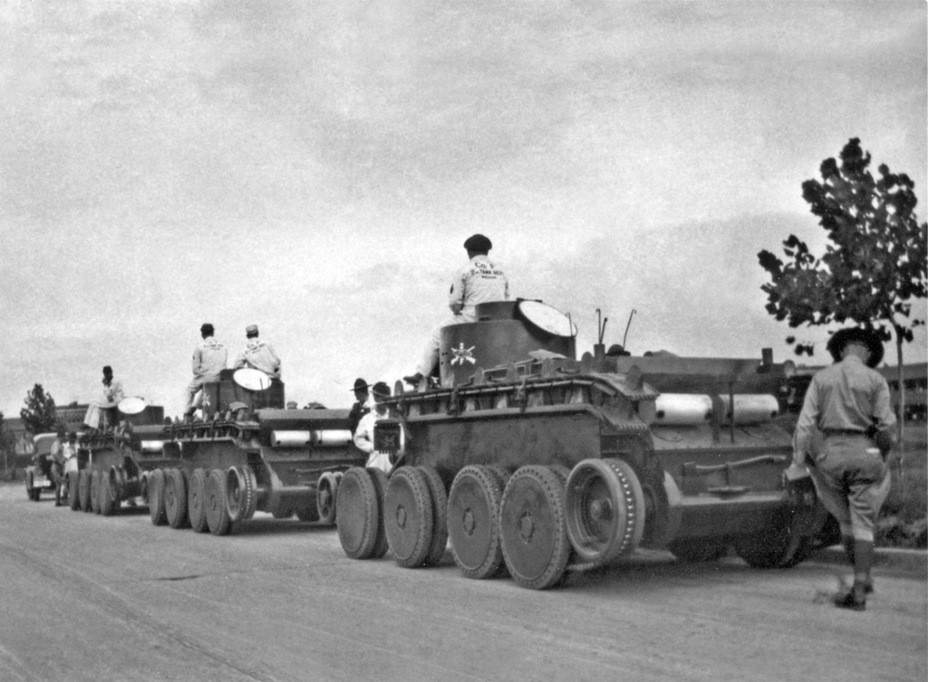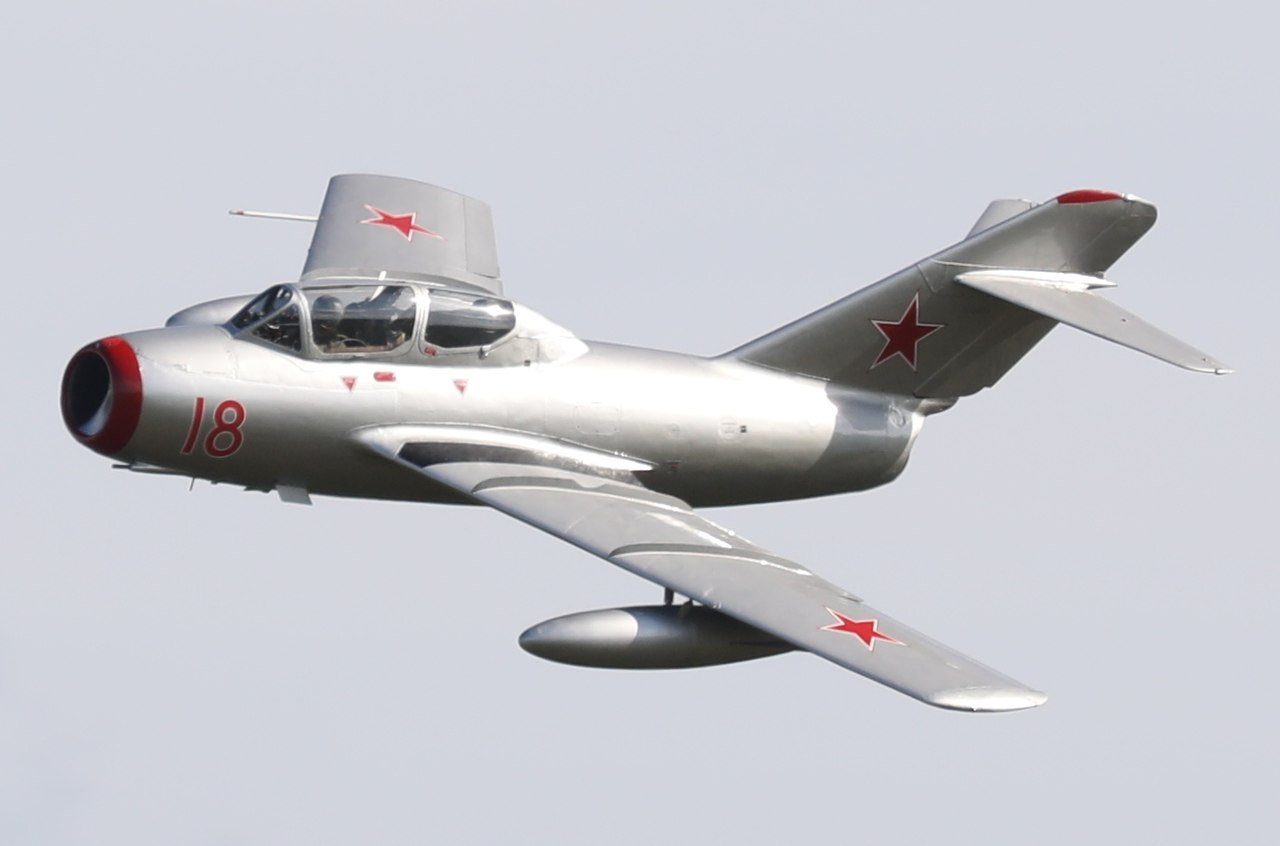Roughly 1/3 of those are deployed and so presumably in working order, though that is not known for sure without routine scheduled servicing.
Owen: "2) The US has indeed not been making more warheads.
There is no “well maintained”.
There is no “superior quality”.
The plutonium half-life is not at issue.
The constant neutron bombardment of the surrounding metal that holds the warhead together IS the issue. "
Little Boy and Fat Man:
 I highly doubt if you know all the routine scheduled maintenance required to keep nukes fully functional.
I highly doubt if you know all the routine scheduled maintenance required to keep nukes fully functional.
Some of it can be delayed or skipped with only minor reductions in yield, but other less frequent services cannot be skipped without serious degradations.
So, given what we've learned about corruption in Russia's military, how likely is it that they've delayed or skipped needed service, repairs and upgrades?
US maintenance of deployed warheads I'm confident is up-to-date, but of non-deployed warheads, who knows?
Owen: "3) This is not imagination.
Google Warhead Longevity.
You’ll find the debate, with a disquieting presence of “everything is okay” from publications like Popular Science vs “everything is not okay” from rather more sophisticated pubs."
I am certain that every country with nukes has manuals which spell out in detail how often they are to be serviced and what sorts of service are required.
So, there's no debate about what's needed, the only issue is whether the work has been done as specified.
Owen: "4) The Russians HAVE been replacing.
There is little to no doubt about this.
The US has not."
So they say. I'm only pointing out that, given the gross levels of corruption in Russia's military, how certain can anyone be of the work being actually performed?
Owen: "6) For God’s sake, stop with the default presumption that Russian technology is inferior.
The US went 10 years post Shuttle begging for rides to the ISS and the only way aboard was Soyuz. "
Christie M1931 T-3:
 There's no doubt that Russians are quite good technologically at some things, but not at everything, because they simply cannot afford to devote all the resources necessary to be good at everything.
There's no doubt that Russians are quite good technologically at some things, but not at everything, because they simply cannot afford to devote all the resources necessary to be good at everything.
One result is, they feel forced to buy or steal technology from other countries.
Another option for them is to substitute lower grade home-made knockoffs instead better Western tech.
Owen: "It’s very dangerous to walk around presuming US superiority."
Of course, comrade, I fully understand that you are very proud of your motherland and so wish to give her and the Old Soviets as much credit as humanly possible for their remarkable achievements.
And why not, since every nation wants to be proud of itself, even if that means taking a slightly skewed view of historical events, right?
On A-bombs, my understanding is that the Old Soviets were fully informed from the beginning of British and American atomic weapons development -- by Soviets' vast spy networks -- and so could readily copy-build their own industries along with the Western Allies.
 And, we could list other similar examples, such as the T-34 originating in the US Cristie T-3, and the MIG 15 using a Klimov VK-1 jet engine, reverse engineered from purchased British Rolls Royce Nenes.
And, we could list other similar examples, such as the T-34 originating in the US Cristie T-3, and the MIG 15 using a Klimov VK-1 jet engine, reverse engineered from purchased British Rolls Royce Nenes.
But today all of that is ancient history, water under the bridge, and what matters now is: how good is Russia's science and technology in 2024?
The answer seems to be: they are very good at some things and pretty pathetic at others, because, as I said, they simply don't have the resources to do everything well -- and the more they are cut off from Western tech, the more difficult it will be to keep up with the best -- aid from CCP China notwithstanding.